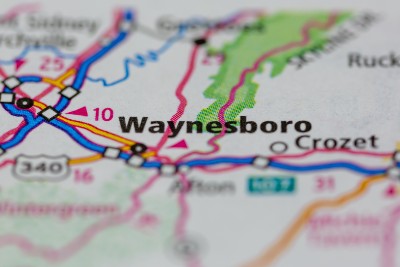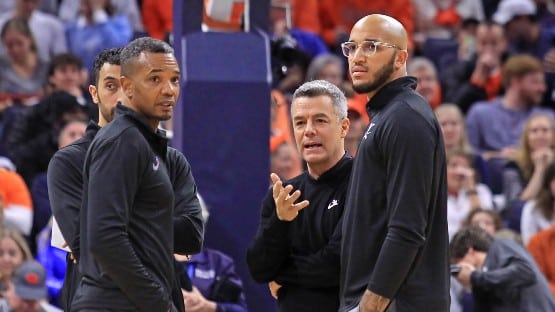
Waynesboro City Council appears set to move forward next week with changes to the city’s voting map that would by extension preserve the anomaly of having one of the five seats filled at-large.
Unrelated, but also related, a new state law requires localities with ward-based residency requirements to be elected by voters in that ward, and not at-large, as Waynesboro has done for decades.
This would seem a great time to carve out a fifth voting ward and get rid of the decidedly undemocratic at-large seat.
It wouldn’t be as hard as you’d think. The City Charter doesn’t spell out the number four, instead laying out that the city “shall be divided into as many wards as the council may determine in such manner as to include as nearly as may be consistent with the well-defined limits of said wards, an equal number of votes in each ward.”
So, four isn’t set in stone, doesn’t need action by the General Assembly to amend the City Charter.
It’s a matter of choice by the City Council.
I think the reason the City Council isn’t thinking of going with a five-ward system is that the current system is the best way for the current Republican majority to preserve its political power.
Wards A and C are currently represented by Republicans, Lana Williams in Ward A and Bobby Henderson in Ward C.
Democratic candidates won two of the past four pre-pandemic November elections in Ward A, tied in a third, and Hillary Clinton lost by 67 votes in the 2016 presidential election, so, Ward A could very well trend Democratic at the city level, with the City Council elections also moving to November beginning with the 2022 cycle.
Ward C, meanwhile, had one Democrat win and three tight losses between 2016 and 2019.
Traditionally, much higher voter turnout in Wards B and D, which have strong Republican leans, has impacted the representation on City Council across the board, with those voters canceling out the votes cast in the more Democrat-leaning wards, in effect, giving voters in B and D two votes – one for who they want to represent their ward, one for who they want to represent yours.
Preserving the at-large seat could have the same effect, and may be how Republicans maintain political power in Waynesboro until the next redistricting in 2031-2032.
It’s how Republicans have an outsized voice in Congress, how they won presidential elections in 2000 and 2016 that they otherwise lost, how they have a 6-3 supermajority on the Supreme Court.
It’s not because they have the votes; it’s that they have been expert at drawing district lines and using arcane 18th and 19th century rules regarding the seating of the Senate and the filibuster to their advantage.
They can’t win the game by outscoring the other side, so they change the rules for how the points are counted.
My view on this is not that they’re cheating; it’s our fault for not paying attention to detail the way they do.
So, here I am, getting you to pay attention to detail.
The City Council has set a public hearing for this coming Monday night at 7 p.m. to get public input on voting ward changes necessitated by the results from the 2020 census.
Now, of interest here, according to the minutes of the Feb. 14 City Council meeting, Sam Hostetter, who represents Ward D, asked during a discussion of the public hearing if alternatives to what is currently in front of City Council could be considered.
The answer: “minimal changes would be allowed, but significant changes would require a new public hearing.”
Terry Short, the at-large member, moved that the City Council go with one of the three options, all of which are based on the four-ward concept, and that motion passed by a 5-0 vote.
Folks, if you want the way we elect our City Council to be more representative of all of us, not just those who live in the Tree Streets and around the Country Club, you need to email City Council members, and show up a make a stink at the public hearing.
We need to get them to go back to the drawing board and come up with a five-ward alternative that preserves that fundamental right of those in a democratic society: one person, one vote.
Then, whoever wins, Republicans, Democrats, agnostics, whoever, it will be after we all had equal say.
Story by Chris Graham










